




Our Work intro
Our Work
Our Work intro
Our Work
The Indigenous Peoples' Secretariat is a support secretariat for all the Permanent Participants. We assist in creating opportunities for the Permanent Participants to present their causes, support the provision of necessary information and materials, and communicate information about their work in the Arctic Council and beyond.
Click the button below to read the IPS Work Plan 2022-2023, which is inside the Senior Arctic Officials’ Report. The 2022-2023 work plan of the Arctic Council Secretariat, including the Indigenous Peoples’ Secretariat work plan was extended for the 2024-2025 period as stated in the Joint Statement of the Arctic States and Indigenous Permanent Participants issued on the occasion of the 13th Meeting of the Arctic Council on 11 May 2023.

Story Map Project
20th Anniversary Story Map
Story Map Project
20th Anniversary Story Map
Since the formation of the Arctic Council in 1996, the Indigenous peoples of the Arctic have played an important and vital role in shaping Arctic global policy for the past 20 years. With Permanent Participant status on the Arctic Council, the six Arctic Indigenous organizations sit alongside the eight member states to ensure the views of the approximate 500,000 Indigenous peoples of the Arctic are always considered and respected equally when decisions are being made.
To celebrate this significant milestone, the Arctic Council Indigenous Peoples Secretariat launched a story map series focusing and reflecting on the Indigenous peoples, environment and politics of the Arctic.
Indigenous Peoples of the Arctic
Changing Politics, Changing Environment
Influencing Arctic Environmental Politics

Instagram Challenge
Instagram Contest
Instagram Challenge
Instagram Contest
The Arctic Council Indigenous Peoples Secretariat joined Instagram in 2016 and held a photo contest to highlight Indigenous communities and life in the Arctic. The contest hashtag was #MyIndigenousArctic and we wanted to see glimpses of everyday life in the North. We asked questions such as: What makes life special in your corner of the world? Are there some particular moments which you cherish? Are you seeing changes in your environment which surprise you? Maybe you want to show off some handicrafts which you have made yourself, or document traditions which are important to you personally or your community as a whole?
We received over 100 entries and the top 10 photos, based on votes, are below. To view all entries please click on the Instagram logo at the bottom of this page.
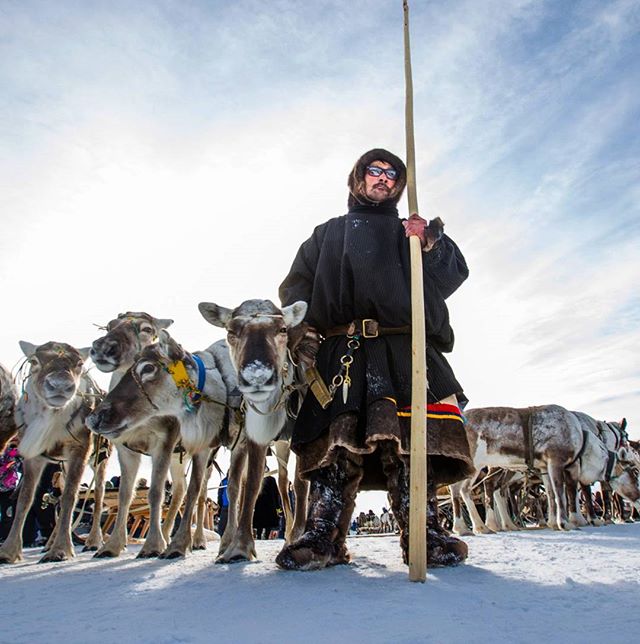



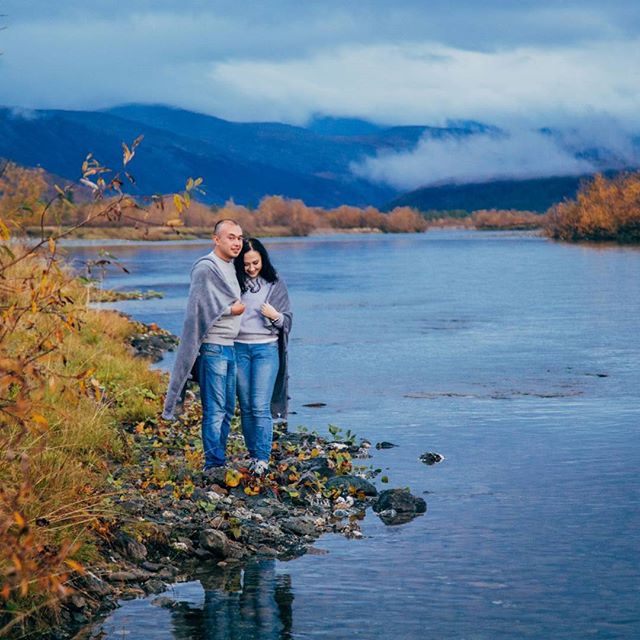
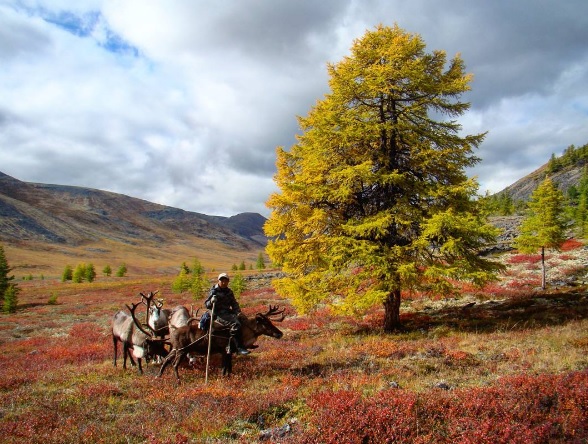
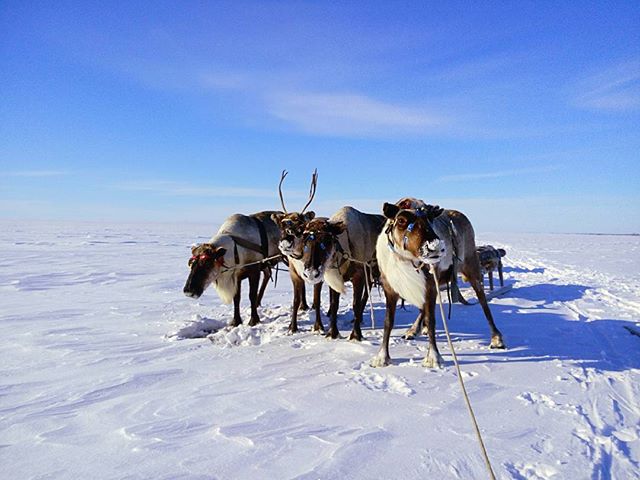
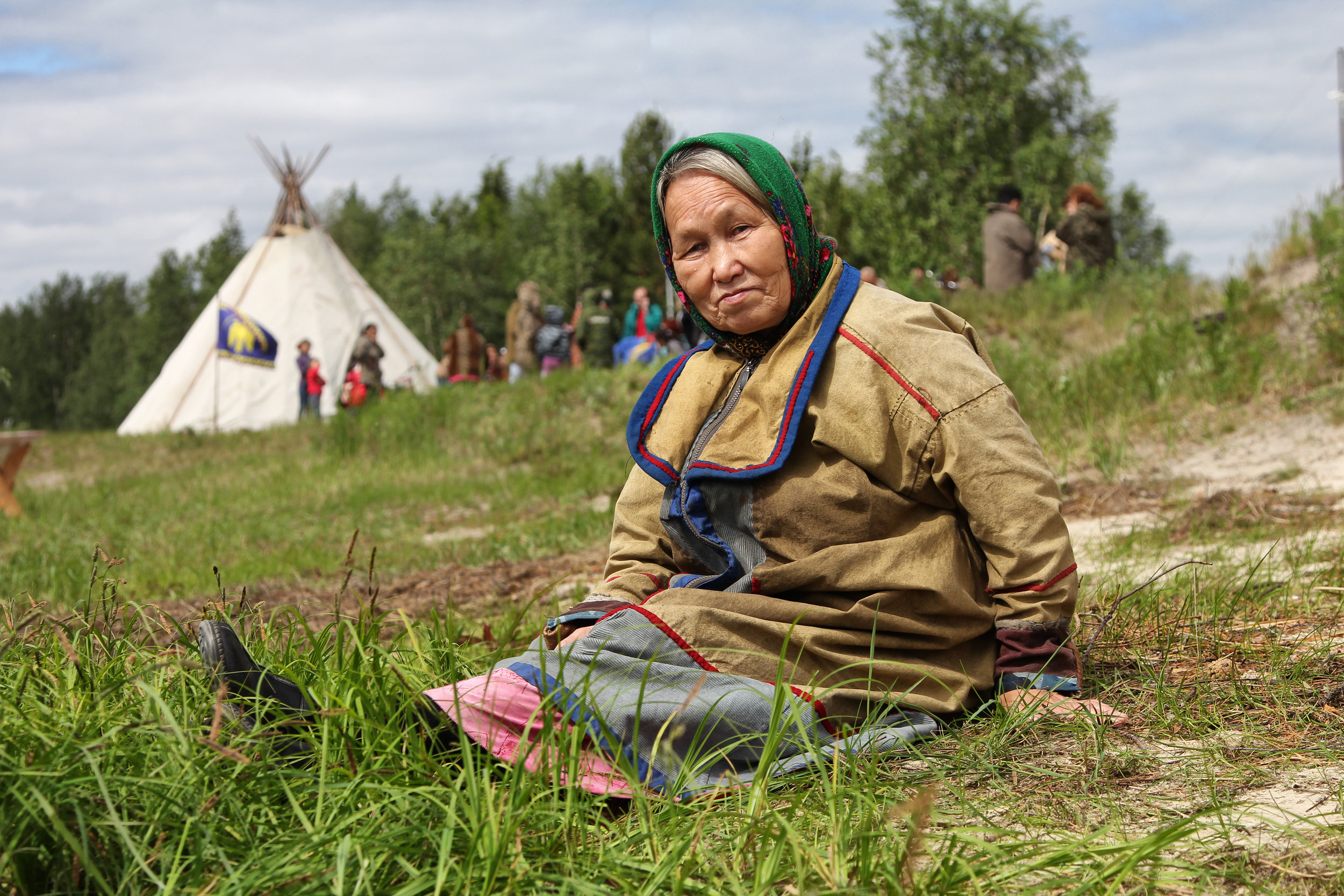

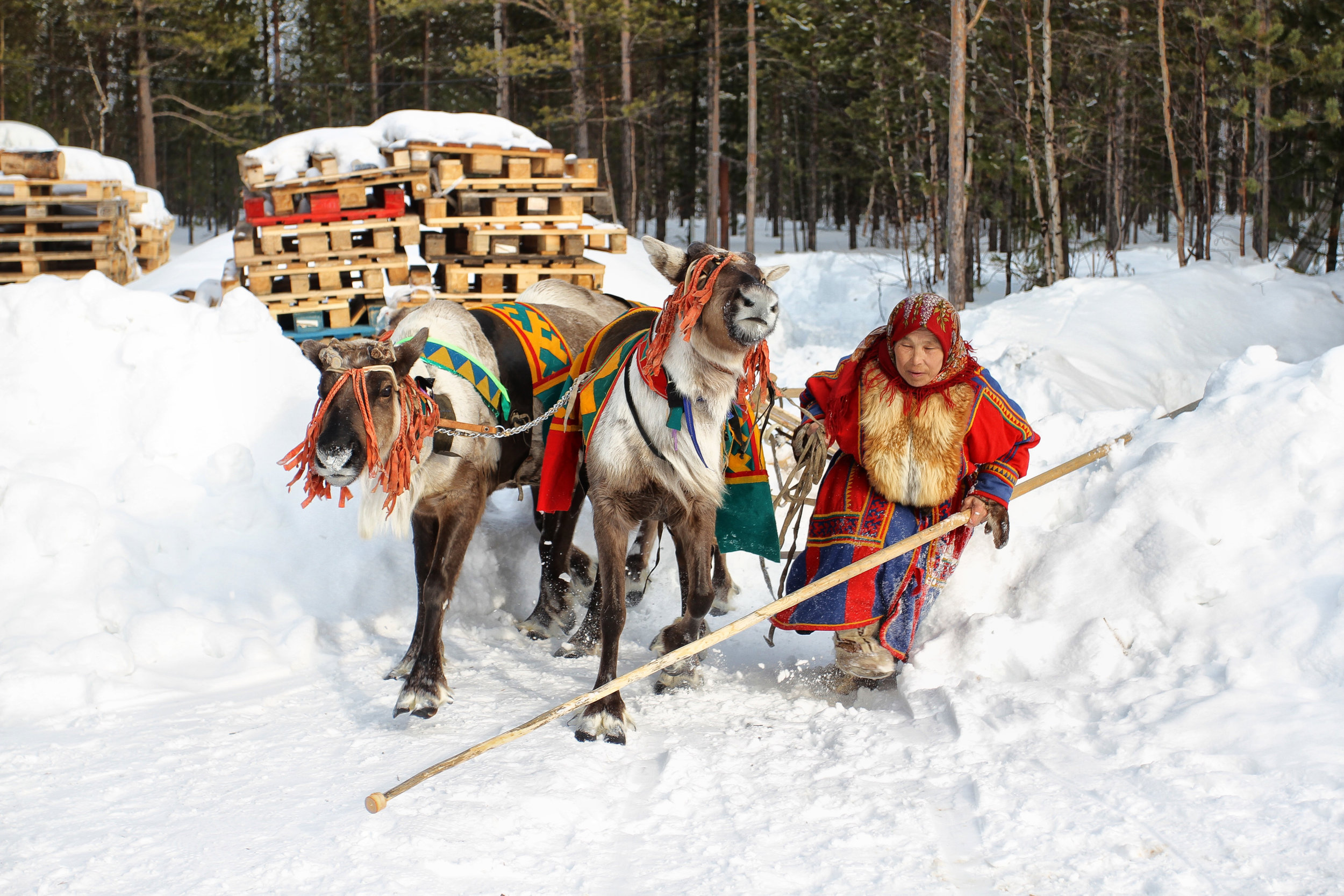

IPS Internship
IPS Internship
IPS Internship
IPS Internship
The goal of the IPS internship is to build capacity in Arctic youth to contribute to the Arctic Council, Indigenous institutions, and international fora. IPS’s fast-paced working environment will provide ample opportunity for the intern’s professional and personal development. Through the IPS internship programs, interns get to broaden understanding of Arctic Indigenous Peoples, their issues, concerns and knowledge and get familiarized with the Arctic Council’s role in regional and global processes, international affairs and environmental policy.
Alayna Ningeongan (2023-2024)
I am an Inuk from Rankin Inlet, Nunavut, Canada. During my transformative year as an intern at the Arctic Council Indigenous Peoples’ Secretariat, I engaged deeply with the intricate dynamics of Arctic Indigenous Peoples, enhancing my professional capabilities and contributing meaningfully to IPS’s mission.
I had the opportunity to participate in significant meetings such as the ones between the Chair of the Arctic Council Senior Arctic Officials and Permanent Participants (PP), held in Girkonjárga/Kirkenes and Bodø, Norway. These meetings provided insights into the Arctic Council’s collaborative decision-making processes, particularly the integration of Indigenous Knowledge into addressing Arctic challenges.
As part of the IPS, I attended important international Arctic conferences and gatherings, namely the Local Communities and Indigenous Peoples Platform (LCIPP) and Arctic Council Joint Regional gathering in Girkonjárga, and the 2023 Arctic Circle Assembly in Reykjavík, Iceland.
The international Indigenous music festival Riddu Riđđu in Manndalen/Kåfjord, Norway, was a cultural immersion experience that strengthened my connections with the Sámi community. I also participated in the Indigenous Youth Training Program in Arendal, Norway, which emphasized resilience and environmental strategies, deepening my understanding of Arctic sustainability. For seven days, I was actively involved in the Emerging Leaders program, an early-career Arctic mentoring initiative that brought together young professionals from academic, business, public, and NGO sectors. We traveled from Bodø to Tromsø, engaging in discussions on current Arctic visions, trends, and challenges, guided by an annual theme, “Coexistence in the Arctic.” We met with local Arctic stakeholders and mentors, preparing to present our findings at the Arctic Frontiers Conference 2024. This hands-on experience in Arctic policy and Indigenous issues was invaluable for my professional development.
My practical tasks at IPS included facilitating PP participation in Arctic Council processes, capacity building, fostering cooperation, and effective communication. Notably, I contributed to the communications initiative by creating an informative video on the introduction of PPs in the Arctic Council. I was involved in script drafting, conducting interviews with PPs, and collaborating closely with the Arctic Council Secretariat communications team. I also assisted with social media content creation, enhancing the visibility of IPS activities.
This internship enriched my understanding of Arctic governance, networks, and the importance of intercultural dialogue. It underscored the urgent need for climate resilience and advocacy in decision-making processes. In conclusion, my time at the IPS has been invaluable, offering cultural immersion, professional development, and a commitment to supporting the Arctic Council and the Indigenous Peoples’ organizations. I look forward to applying these learnings in my future endeavours.
Michaela Stith (2018-2019)
Interning at IPS is an opportunity to make a real difference in the Arctic. I was born in Anchorage, Alaska in 1996 and lived there my whole life. I went to Duke University for college. One of my lifelong goals is working toward environmental justice in Alaska. As a non-Indigenous person, that means following and reinforcing Indigenous peoples’ leadership. In my senior year of college, the Hart Leadership Fellows program awarded me a stipend to volunteer with IPS as an intern from July 2018 to May 2019.
As part of IPS, I traveled to events like the 2nd Arctic Science Ministerial in Berlin, Germany; the 11th Arctic Council Ministerial Meeting in Rovaniemi, Finland; and the Arctic – Territory of Dialogue meeting in St. Petersburg, Russia. Most of the work was administrative: helping organize events and supporting the Permanent Participants’ work in meetings. I also wrote reports like the UArctic Permanent Participant Panel publication.
Outside of work, IPS staff introduced me to life in Sápmi. Thanks to the Executive Secretary, I rode a snowmobile in -15 C weather to reindeer herds outside Guovdegeaidnu and learned how to dance sydis (South Sámi dance) during a youth program at the Riddu Riđđu music festival.
The fellowship lasted 10 months but, luckily, I was invited back to IPS to work as an Associate for another four months in 2019. The skills that helped me succeed in this job were 1) strong English writing and 2) knowledge about Arctic policy and environment topics. Prospective interns who already research or write about Indigenous knowledge, climate change, and related topics will adjust more quickly to the fast-paced work environment.
My advice to future interns: adventure! It can feel overwhelming to think about leaving home. But the opportunity to live in a new place – where people understand what it is like to live in the North but are still so different from you – doesn’t come around all the time.
Since returning to Anchorage, I started a new job as a Program Assistant at the Wilson Center Polar Institute. I will continue to work with the friends I made at IPS and dive ever deeper into the world of Arctic policy and governance!
Matthew Pike (2017)
This was my first time in any Scandinavian country, but the second time I’ve taken on an internship. (The first one was in my home province.) The IPS internship came to me at a point in my life and career where I was looking to focus more on Indigenous and Arctic matters. I was looking for a career change, and this opportunity seemed like a good fit. The opportunity to live in Norway was also exciting.
It’s extremely important for an IPS intern to have an open mind. The word “Indigenous” may mean one thing to one person, and something else entirely to another. The IPS serves six international Indigenous groups with six different cultures, backgrounds, priorities, and so on. So an open mind and the willingness to learn are specific skills that any IPS intern should have.
As for experiences, an IPS intern should come with at least university degree and some international travel experience. It would also be beneficial for an IPS intern to have experience at international or Indigenous organizations.
After my internship was finished, I expected to have a better understanding of how the Arctic Council worked and to get a lesson in how international relations works. After three months, those expectations were met. I’ve gained a good understanding of the inner workings of the Arctic Council and who the key players are.
The work and tasks I was assigned were good to work on, but I also had a lot of research I undertook independently as I wanted to learn as much as possible. For future interns, I would assign monthly tasks for them to undertake as they may not have independent research to undertake.
Overall, the IPS and the Arctic Council Secretariat both provided me with the opportunities, training, and mentorship to move forward in my career, and channeled my intellectual interests in new and creative directions.
My experience in Tromsø has led to me being awarded a CAD 120,000 scholarship from the University of Guelph to complete my PhD in public health. It will focus on many areas of public health policy, but it will look in particular at Norway’s policies and how they could be implemented in Newfoundland and Labrador to help improve the quality of life in my home province. I will also look at companies developing resources on Indigenous lands, focusing on the importance of ensuring community health and wellness. This is a top priority, and I will show the negative impacts on communities when health and wellness is ignored. The Alta River Hydro Project will be used a case study.
Stephanie Campbell (2020)
I am from Charlottetown Labrador Canada. It is a very small community with approximately 300 people. This was the first internship program that I have participated in. When I first heard of the IPS internship, I was very interested because it seemed like a unique opportunity to learn about issues that Indigenous peoples are facing in other countries in the Arctic. I wanted to learn as much as I could and help inspire Indigenous youth.
An IPS intern should ideally have strong communication skills and a passion to make a difference in Indigenous communities. Experience with different social media platforms, photography skills, and an ability to adapt to a different cultural environment would also be beneficial. I have learned many things during my internship but what stands out to me the most is that even though Indigenous peoples may be separated by borders and governments, however, we face many of the same issues and have the same concerns.
There is a passion for our people and passion to preserve our culture and language that unites us. I attended the Arctic Frontiers conference, a workshop on Arctic Peoples Indigenous Food, the Sámi University of Applied Sciences, and other organizations during my stay in Tromsø. All were great experiences that I will never forget. I had planned on visiting other organizations but unfortunately, my work term was cut short to the COVID-19 outbreak.
A large part of the skills that I developed during this internship is the ability to adapt to a different environment and culture than I was used to. Everything was a lesson from going to the grocery store to using public transportation. The housing and office were great.
I would like to help with language revitalization efforts in Labrador as well as the preservation of food culture. There are many programs and efforts underway to preserve the culture, and I want to share these with Indigenous youth in communities in Labrador. The Sámi people have done a great job preserving their culture and language and I would like to help revitalize Inuit culture in Labrador and help youth become excited about their heritage.
Michelle Saunders (2019)
My experience working at the Arctic Council Indigenous Peoples’ Secretariat was nothing short of life-changing. Coming from a small town in Labrador, I never would have dreamed of travelling to Norway and working for the IPS. My time at the IPS allowed me to meet and work with Indigenous groups from around the circumpolar North. I worked with fellow Inuit and other Indigenous people alike, a truly unique experience that taught me that even though we have grown up so far apart, we are all so similar.
My time at the IPS allowed me to gain an understanding of international Indigenous issues from language and culture to environment and governance. I was able to meaningfully participate in Arctic Council projects and meetings, assist with the Permanent Participant’s work within the Arctic Council and so much more. The things I learned and experienced during my time at the IPS was invaluable and a huge stepping stone in my career.
If I was to give advice to any incoming interns to the IPS, I would say stay open-minded and always be willing to learn. There is always something new or different and sometimes challenging happening at the IPS and being ready to adapt and adjust to a new task is a huge asset. Not only is it exciting to have such a dynamic work environment, this allowed me to learn more in my short time at the IPS than I believe in my whole life!
My time and experience during my internship has allowed me to further my career and I now have a job as a Research Associate working with Indigenous Knowledge in my home communities in Nunatsiavut. I not only learned about the Arctic Council, the IPS, and the Permanent Participants but I have also learned so much about myself over the past 2 months and am now ready to pursue graduate studies and take myself even further. All I can say is Nakummek, IPS!
Sunna Kokkonen (2019)
I come from Inari, Finnish Lapland/Sápmi, but since leaving the North for studying purposes, I've been living in many European countries, for example, Norway, Austria and Hungary. At the time of my IPS internship in the summer of 2019, I was pursuing an MA in International Relations at the Central European University in Budapest, Hungary.
I spent the first part of the IPS internship at the office and the rest remotely, which also worked very well! My internship was funded by the Erasmus+ internship grant, which is available for students in most Arctic states in Europe: also Iceland and Norway, although they are not EU member states.
As I already had experience in journalism and text production, I was given tasks that revolved around those skills. For example, I compiled texts for a museum exhibition about Arctic Indigenous languages, organised in cooperation with the local university. I thoroughly enjoyed being able to produce something that would inform non-indigenous Arctic dwellers about the languages they may encounter daily but know very little about.
Unfortunately, as it was summer and because of me doing home office, I didn't get to attend high-level meetings or other events around the Arctic. That didn't bother me too much as I'd already had access to many of those tables in my time of interning at the International Barents Secretariat and chairing the Barents Regional Youth Council. But for those yearning to see Arctic politics in action: IPS internships usually contain a great deal of travelling and face-to-face-interaction, too!
After my graduation in 2020, I've been employed by a German consultancy, conducting research on renewable energy and climate policies in Finland and Sweden. I do hope to return home north of the Arctic Circle for work one day.
Jennelle Doyle (2018)
I am an Inuk of NunatuKavut - I come from Churchill Falls, a small town in the province of Newfoundland and Labrador, situated in Canada’s North-East.
This internship was my first! It was offered through the Labrador Institute of Memorial University of Newfoundland for Indigenous students who had completed a degree.
The opportunity came to me at a time where I wasn’t sure exactly what I would do next. I had just finished a bachelor’s degree in Social Sciences from Memorial University of Newfoundland and was working full-time. Upon learning about the internship program, I saw it as an opportunity to expand my knowledge and gain meaningful work experience before doing what I really wanted to do – pursue a graduate (masters) degree.
My advice to any future interns at the IPS is that you should be self-motivated and able to adapt quickly. It’s also important to have an open mind going into an internship, because you never know what opportunities or situations may arise. International travel experience and, of course, awareness of Indigenous people and Indigenous issues is something an intern at the IPS should have as well. If your internship is not a part of a pre-existing agreement, as mine was, it is also essential to have support from the Permanent Participants when you are seeking an Internship at the IPS.
My expectations for skill-development during this internship were to improve my critical thinking and communications skills. I also had two personal goals: first, to acquire knowledge on global indigenous issues and how they relate to those that exist at home. Second, to see how reindeer husbandry works and how state regulations affect traditional livelihoods and traditional knowledge.
It has been a very busy two-month period, but the amount of experiences I have had during this time are comparable to none. My largest task was to assist in the creation of a course for Russian speaking Indigenous people that focuses on the Arctic Council and the Role of Permanent Participants. This task allowed me to familiarize myself with the work of the Arctic Council and Permanent Participants while making an active contribution to the work of the Arctic Council. It also allowed me to see how Indigenous people and traditional knowledge are included in decision and policy-making processes.
In 60 days, the IPS has given me the opportunity to visit many places. Near the end of March, I attended the SAO and SDWG meetings in Levi, Finland. This afforded me the opportunity to see the inner-workings of the Arctic Council and Permanent Participants. During Easter, I went to Kautokeino in Finnmark, where I was lucky enough to go to the tundra and see reindeer herding first-hand. In Tromsø, I have visited the Saami Centre at the University and attended a dinner with students visiting Tromsø from the GENI program offered jointly through USask and UiT.
Overall, my experience with the IPS has been overwhelmingly positive and I look forward to informing youth across Nunatsiavut and NunatuKavut about how pursuing a higher education can provide you with similar international opportunities. Thanks to this experience, I have decided on a Master’s program, which I will begin next fall here in Tromsø. Nakummek!

Projects
Our Projects
Click the buttons below to read more about IPS work.
Projects
Our Projects
Click the buttons below to read more about IPS work.
